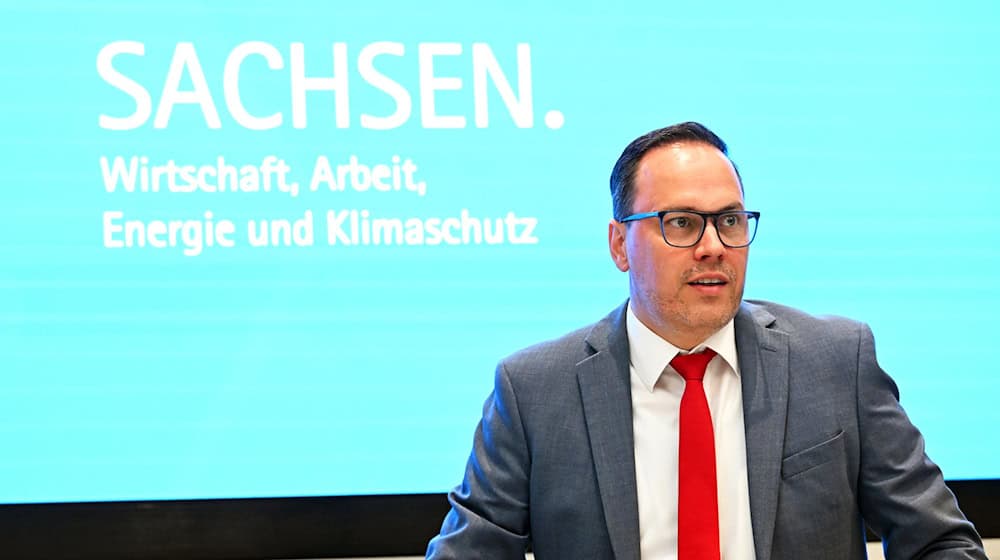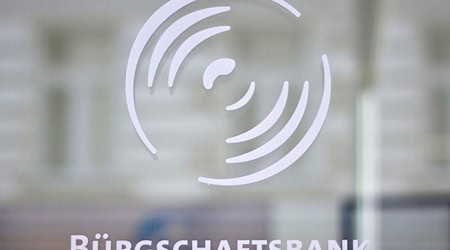Despite a slight easing of the situation, the shortage of skilled workers continues to drive Saxon companies. 58 percent of companies in Saxony were unable to fill vacancies for qualified positions last year, according to the results of a survey of employers conducted by the Institute for Employment Research (IAB). This corresponds to a decrease of seven percentage points compared to 2022, when the figure peaked.
The IAB Establishment Panel provides annual representative results on the labor market from a company perspective. In the third quarter of 2024, around 15,900 companies nationwide with at least one employee subject to social security contributions were surveyed, including around 1,300 companies from Saxony.
Ministry: Paradoxical situation on the labor market
Although staffing difficulties have decreased slightly compared to the previous year, companies are still expecting bottlenecks in the future, according to the Ministry of Economic Affairs. The labor market is therefore in a seemingly paradoxical situation: "Rising unemployment and a decline in reported vacancies as a result of more difficult economic conditions meet a simultaneously growing shortage of skilled workers in many sectors."
A good half of all companies made compromises when hiring, according to the survey, for example by being prepared to offer longer training periods (34%) or adjusted remuneration (27%). "The survey results underline the strength and adaptability of Saxon companies," said Minister of Economic Affairs Dirk Panter (SPD) according to the press release. They are prepared to break new ground when it comes to securing skilled workers and the workforce.
Only a quarter of companies provide training
The companies in the survey also reported problems on the training market. Participation in training fell slightly by one percentage point to 26% in 2024 compared to the previous year. Companies that did not provide training despite fulfilling the formal requirements cited staff shortages and a lack of applications as the most common reasons.
The proportion of companies that were looking for new trainees in the previous apprenticeship year was once again significantly lower (15 percent). Despite a decrease compared to the previous year, companies were unable to fill all positions: More than a third of training places remained empty. Here, too, the survey revealed a willingness to compromise: almost half of the companies entitled to offer training would be prepared to take on applicants without a school-leaving certificate under certain conditions, such as a successful internship or trial work.
Copyright 2025, dpa (www.dpa.de). All rights reserved










